
Plants have impressive adaptive powers, but the quickly changing environment due to climate change and loss of biodiversity is challenging, even for the strongest of plants. Especially since the power to adapt to new circumstances depends on the possibility to reproduce with enough genetic variations. Plants need biodiversity to improve themselves. Dr Chris Kik protects biodiversity by collecting seeds of unique genetic variations of plant species around the world.
SCROLL DOWN
“the main solution for the biodiversity problem lies within ourselves”
“Losing biodiversity is an irreversible process. Once it’s gone, it’s gone forever.”
A conversation with Dr Chris Kik, Head Curator at the Centre for Genetic Resources
When it comes to the conservation and utilization of crops and their wild relatives, Dr Chris Kik is one of the experts in the Netherlands. He studies the genetic variation in vegetable crops and their wild relatives, and he carries out collecting expeditions to sample the unique genetic variation of these species in nature. He has travelled to various places all over the world (e.g. countries in Central Asia, the Trans Caucasus, around the Mediterranean basin) to see how different crops and their wild relatives grow in their centers of biodiversity.
Plants need biodiversity
How genetic variation makes plants stronger
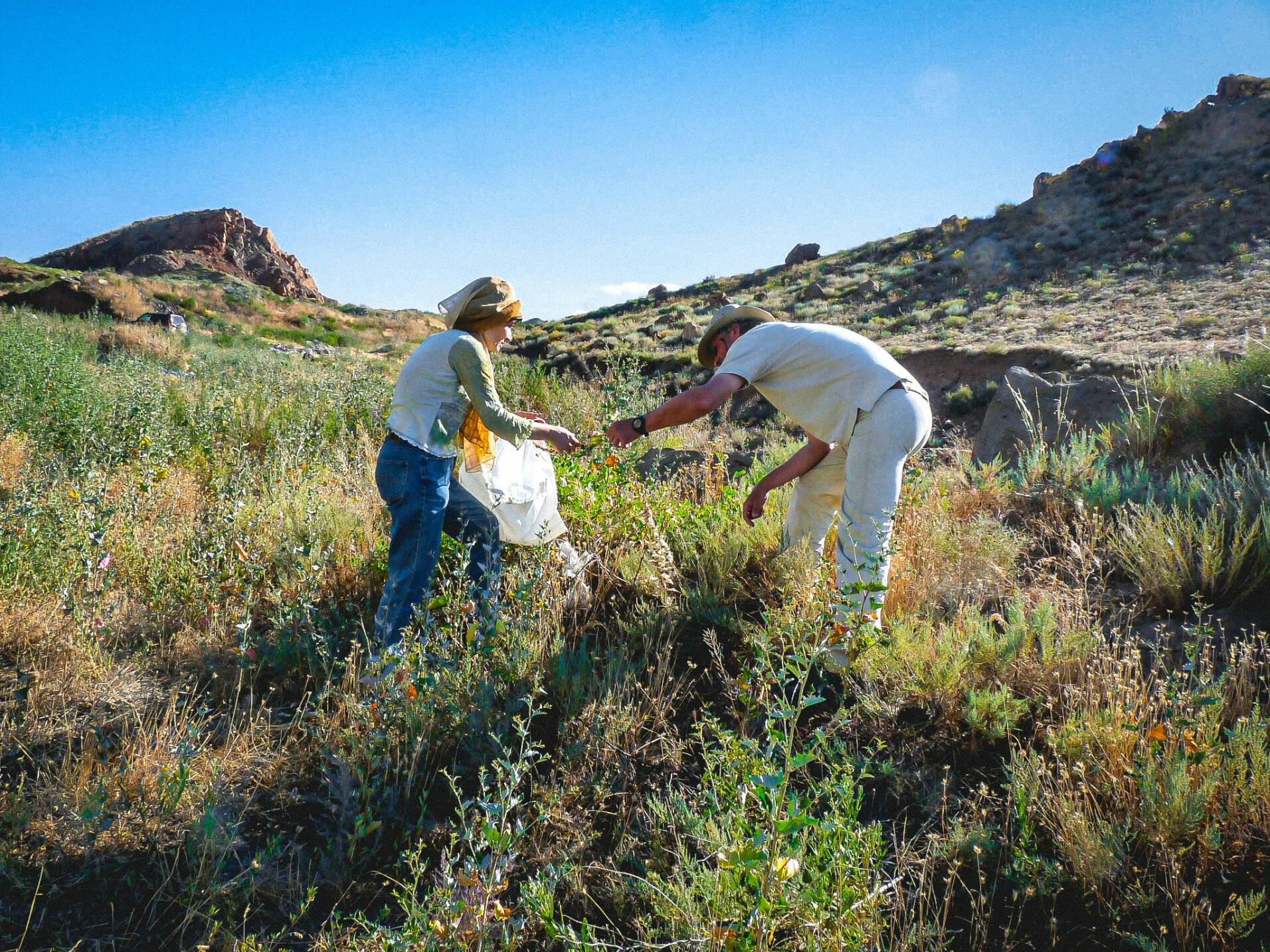
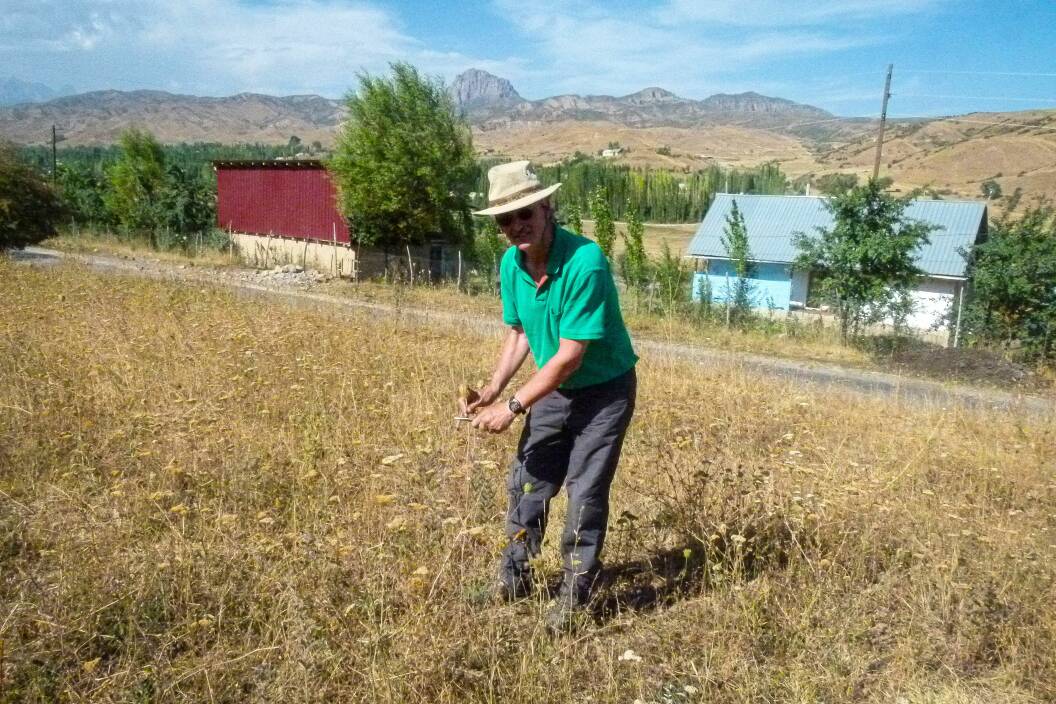
However, the main solution for the biodiversity problem lies within ourselves. We need to change our way of thinking, as we, humans, are the main cause of the biodiversity crisis that is going on right now. “It comes down to this: ecology should play a much more prominent role in the current debate about climate change and biodiversity. It’s not just the political-economical aspect; ecology is just as important. Bureaucracy plays an important - negative - role in this.”
It’s not just a few species that are endangered, it concerns entire groups, dr. Chris Kik continues. The ones that we should be worried about the most, are the ones that have specific demands when it comes to the habitat in which they grow, such as fen meadows in the Netherlands. But actually the same goes for most species as their habitats in which they live become smaller and smaller. There are numerous threats and reasons to be concerned about our biodiversity, but luckily the Dutch Ministry of Agriculture feels the urgency as well, he says. “They are aware of the threat that’s coming towards us due to the biodiversity crisis and support CGN with a decent amount of money. ‘Finally’, I’d say, because it took some time for them to realize the magnitude of the problem.”
Dr Chris Kik is somewhere in between: “Of course, there’s something to say for the ‘Wizard’. However, there are quite some downsides to his approach, and we have to be cautious seeing technology as the solution.” He describes the connection between both parties - the Wizard and the Prophet - as a ‘balancing act’.
He elaborates on the importance of these expeditions: “It’s rather unclear how diverse our nature exactly is. Especially when it comes to wild, ‘crossable’ relatives from our crops that haven’t been collected yet. These can be very valuable for developing improved (plant) varieties and/or for conducting innovative research. When we fail to gather a substantial amount of the biodiversity of a species, we can assume that we will lose it eventually given the current trends.”
It is safe to say Dr Chris Kik’s extensive work has contributed to plant genetics, breeding and ecology. This is very important, because biodiversity is a subject that worries a lot of people. In his own words:
He adds: “The wild relatives of spinach I collected are currently under threat as there is considerable overgrazing by sheep and goats in the habitats where wild spinach occurs. Of course this story is one of many: most wild relatives of crops are under pressure. If we don’t take measures, it will affect our food supply.”
Dr Chris Kik quotes from his own experience when he was researching spinach and its wild relatives, because breeders were unable to figure out how to make spinach resistant against the downy mildew disease caused by Peronospora farinosa as they lacked variation of resistance genes. “CGN was then asked to collect wild spinach in areas where wild relatives of spinach would still grow, such as Central Asia and the Trans Caucasus region. During these expeditions, over 100 seed samples were gathered. Thanks to this diversity, breeding companies have been able to develop new spinach varieties. In other words:
Some plant groups are more vulnerable than others
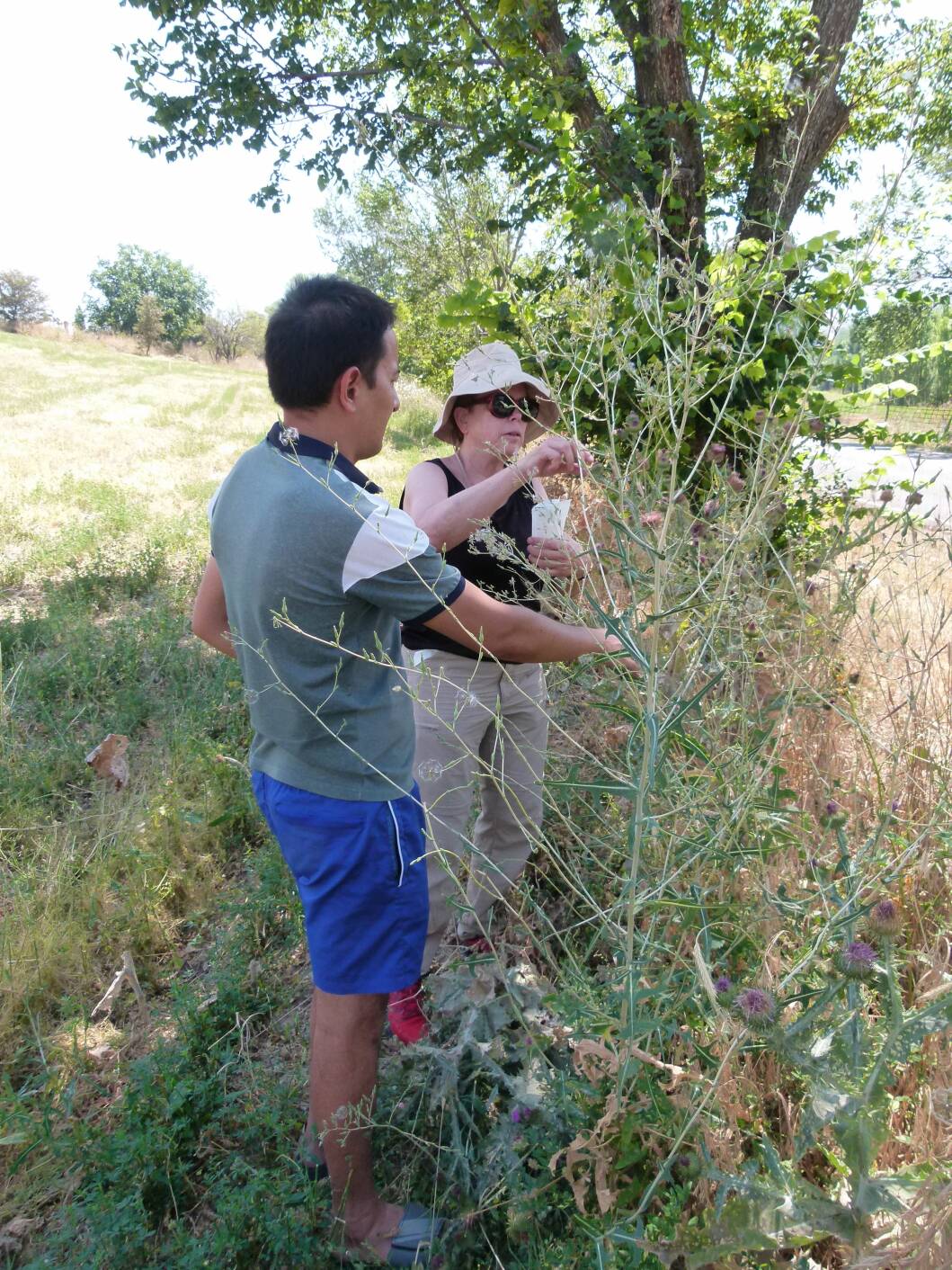
Technology won’t solve it all
Understanding the diversity of nature
Disease resistance in spinach
Sounds worrying, and it is. But luckily, there are more things we can do regarding the loss of biodiversity and the consequential problems for the food supply chain. However, not with science alone, according to Dr Chris Kik. He refers to the book The Wizard and the Prophet by the American journalist Charles C. Mann. In this work, Mann shines light on the conflict between two different thoughts: one view (‘The Wizard’; Norman Borlaug) being that the problem can be fixed with science and the other (‘The Prophet’; William Vogt) stating that we need to change our own behavior to solve this, meaning: reducing our consumption.
What we can do ourselves
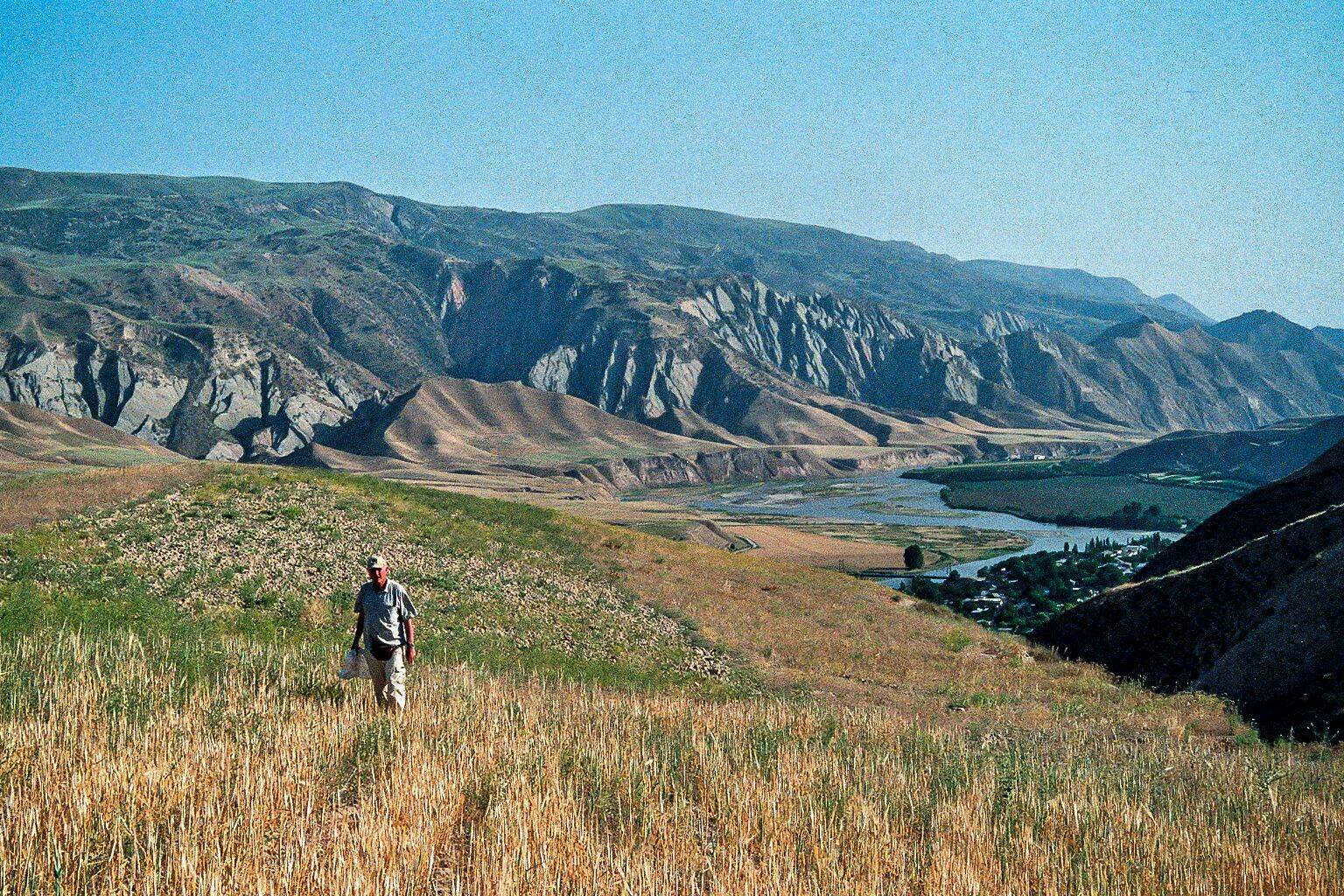
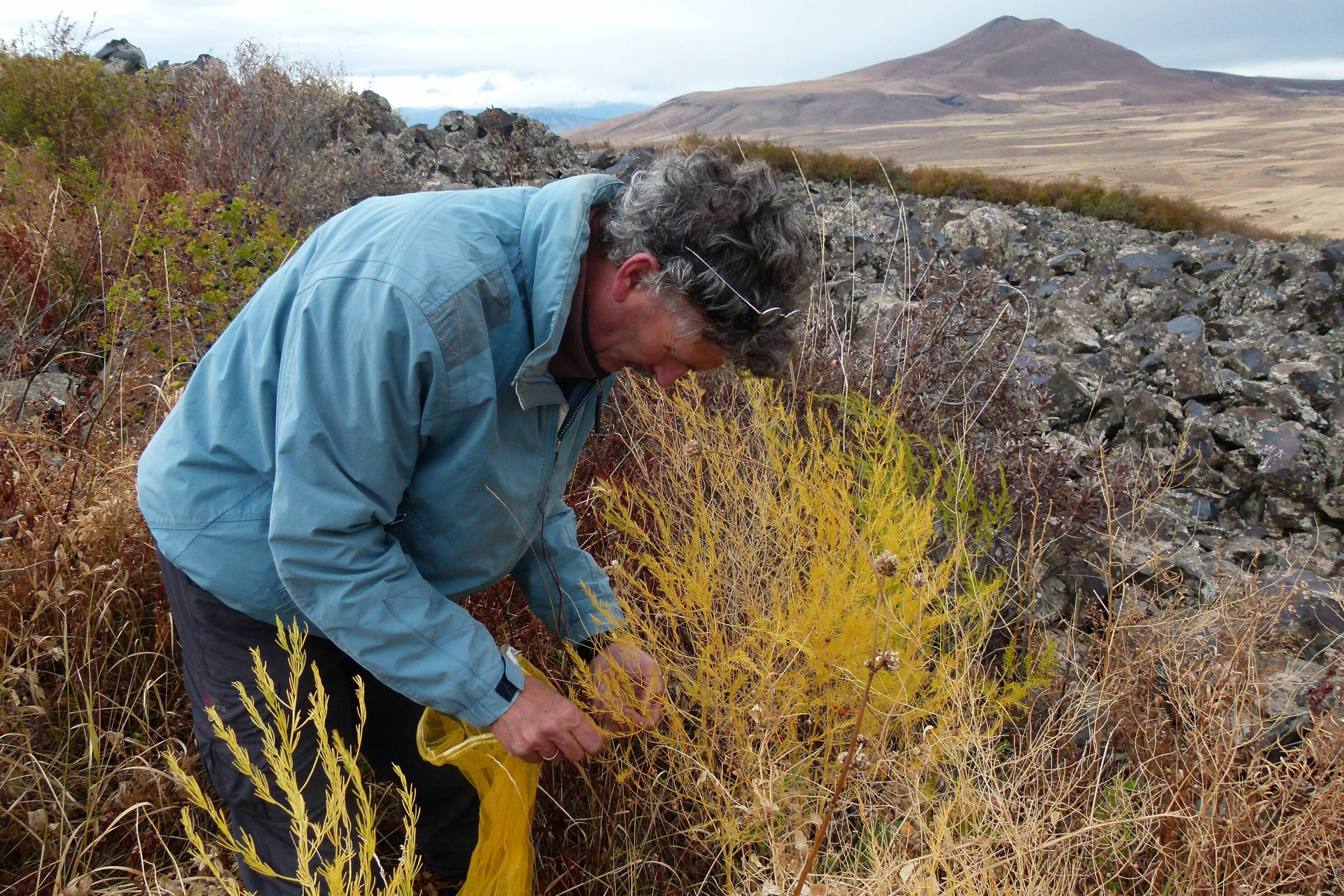
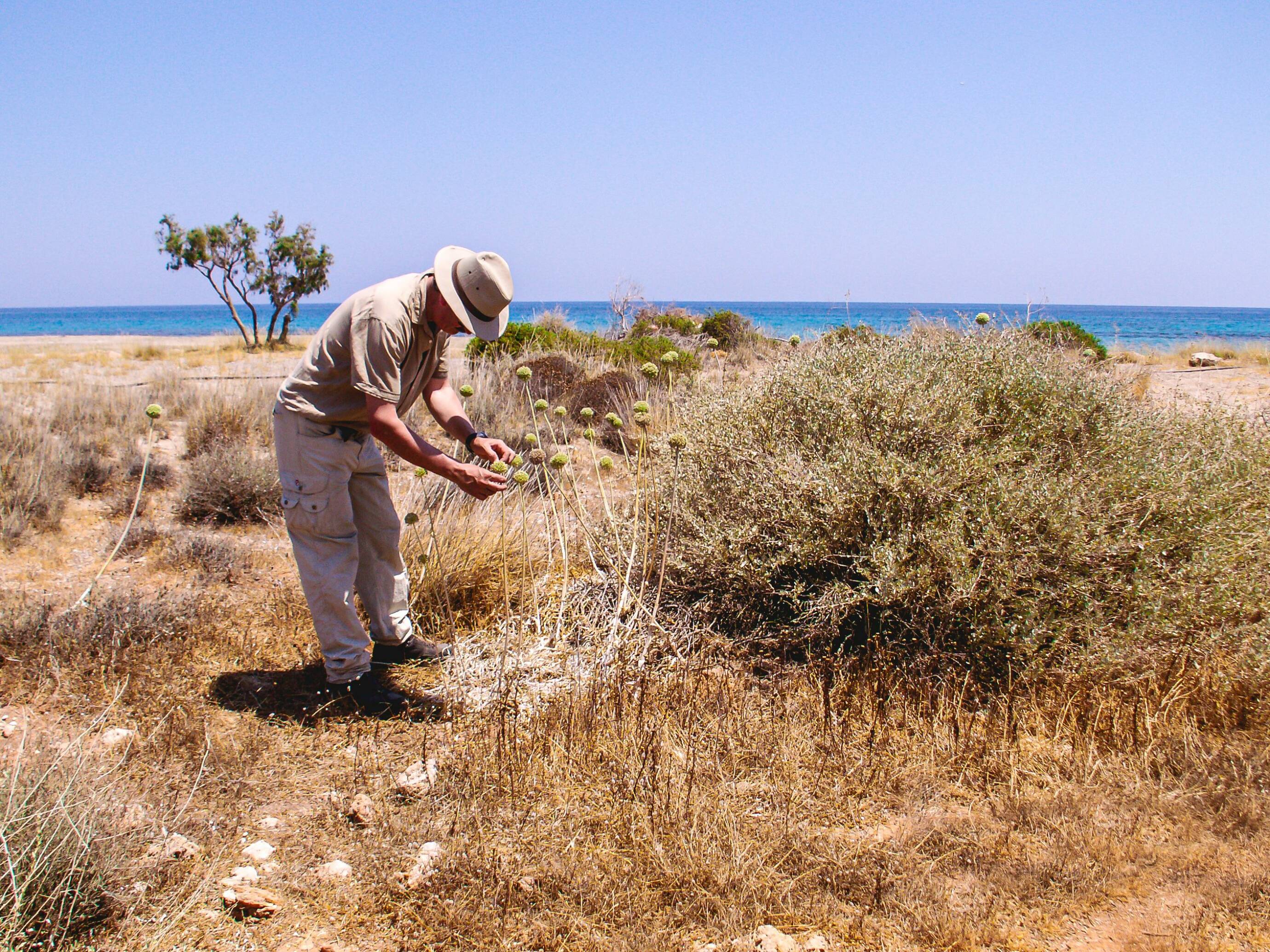

Dr Chris Kik is somewhere in between: “Of course, there’s something to say for the ‘Wizard’. However, there are quite some downsides to his approach, and we have to be cautious seeing technology as the solution.” He describes the connection between both parties - the Wizard and the Prophet - as a ‘balancing act’.
Technology won’t solve it all
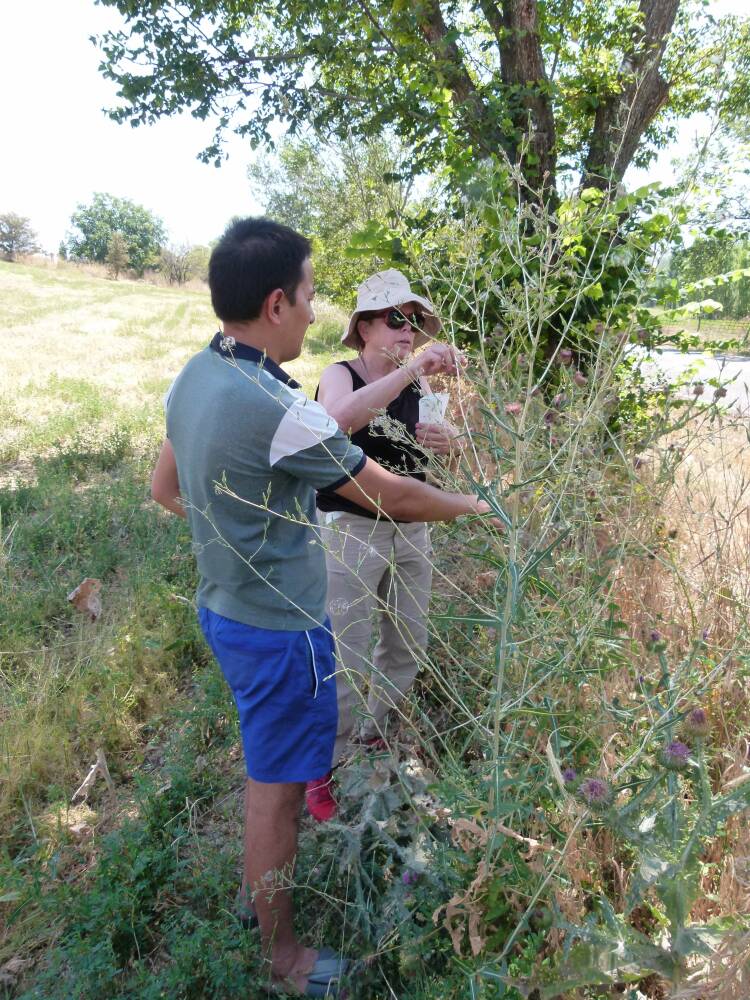
Sounds worrying, and it is. But luckily, there are more things we can do regarding the loss of biodiversity and the consequential problems for the food supply chain. However, not with science alone, according to Dr Chris Kik. He refers to the book The Wizard and the Prophet by the American journalist Charles C. Mann. In this work, Mann shines light on the conflict between two different thoughts: one view (‘The Wizard’; Norman Borlaug) being that the problem can be fixed with science and the other (‘The Prophet’; William Vogt) stating that we need to change our own behavior to solve this, meaning: reducing our consumption.
What we can do ourselves
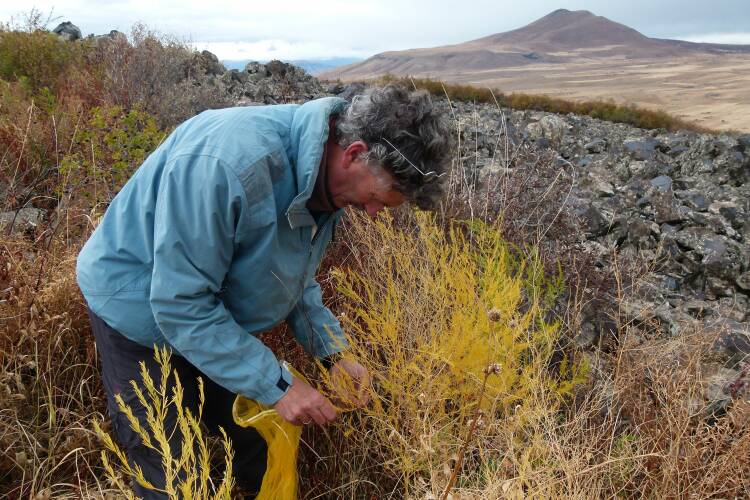
However, the main solution for the biodiversity problem lies within ourselves. We need to change our way of thinking, as we, humans, are the main cause of the biodiversity crisis that is going on right now. “It comes down to this: ecology should play a much more prominent role in the current debate about climate change and biodiversity. It’s not just the political-economical aspect; ecology is just as important. Bureaucracy plays an important - negative - role in this.”
It’s not just a few species that are endangered, it concerns entire groups, dr. Chris Kik continues. The ones that we should be worried about the most, are the ones that have specific demands when it comes to the habitat in which they grow, such as fen meadows in the Netherlands. But actually the same goes for most species as their habitats in which they live become smaller and smaller. There are numerous threats and reasons to be concerned about our biodiversity, but luckily the Dutch Ministry of Agriculture feels the urgency as well, he says. “They are aware of the threat that’s coming towards us due to the biodiversity crisis and support CGN with a decent amount of money. ‘Finally’, I’d say, because it took some time for them to realize the magnitude of the problem.”
Some plant groups are more vulnerable than others
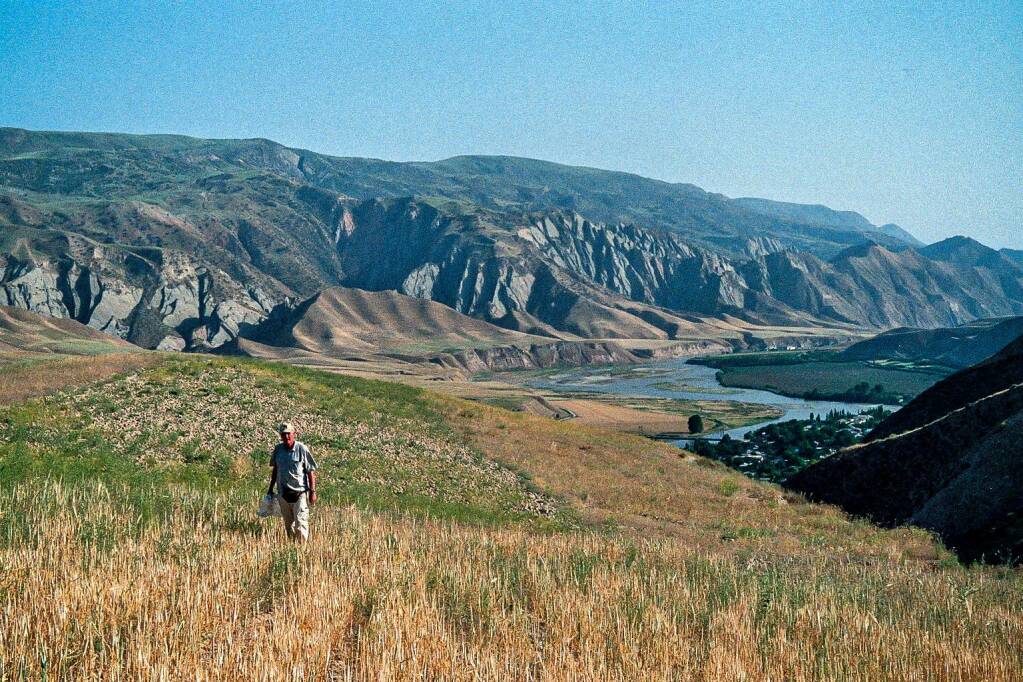
He adds: “The wild relatives of spinach I collected are currently under threat as there is considerable overgrazing by sheep and goats in the habitats where wild spinach occurs. Of course this story is one of many: most wild relatives of crops are under pressure. If we don’t take measures, it will affect our food supply.”
Dr Chris Kik quotes from his own experience when he was researching spinach and its wild relatives, because breeders were unable to figure out how to make spinach resistant against the downy mildew disease caused by Peronospora farinosa as they lacked variation of resistance genes. “CGN was then asked to collect wild spinach in areas where wild relatives of spinach would still grow, such as Central Asia and the Trans Caucasus region. During these expeditions, over 100 seed samples were gathered. Thanks to this diversity, breeding companies have been able to develop new spinach varieties. In other words:
Disease resistance in spinach
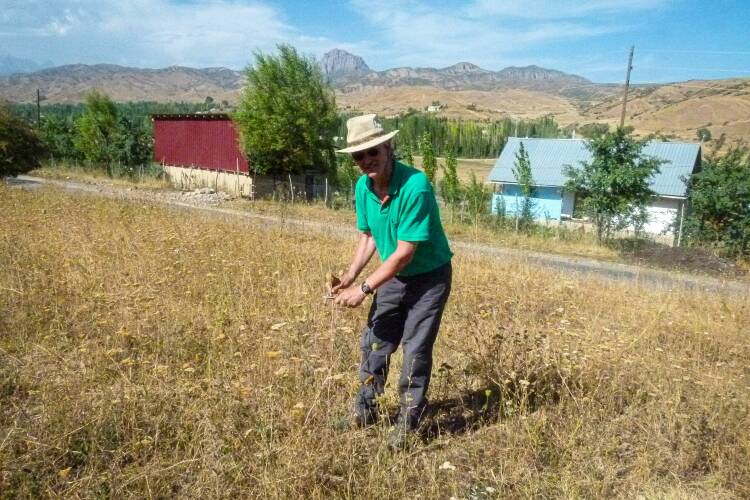
He elaborates on the importance of these expeditions: “It’s rather unclear how diverse our nature exactly is. Especially when it comes to wild, ‘crossable’ relatives from our crops that haven’t been collected yet. These can be very valuable for developing improved (plant) varieties and/or for conducting innovative research. When we fail to gather a substantial amount of the biodiversity of a species, we can assume that we will lose it eventually given the current trends.”
It is safe to say Dr Chris Kik’s extensive work has contributed to plant genetics, breeding and ecology. This is very important, because biodiversity is a subject that worries a lot of people. In his own words:
Understanding the diversity of nature
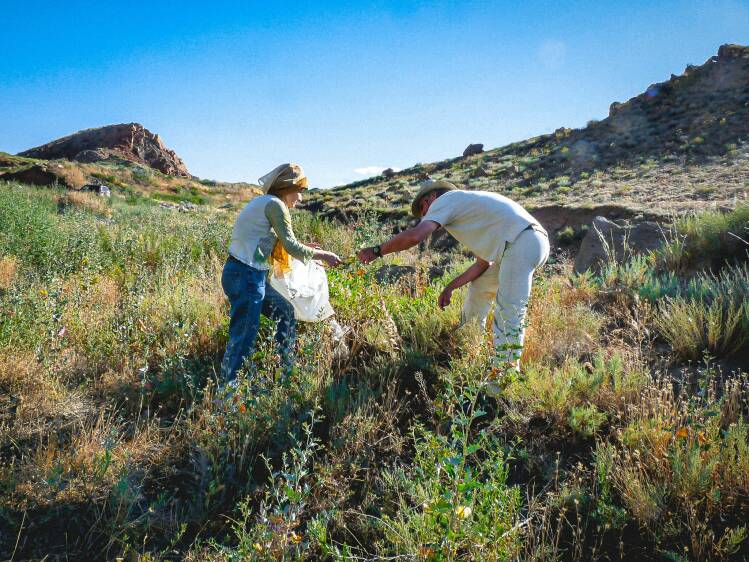
When it comes to the conservation and utilization of crops and their wild relatives, Dr Chris Kik is one of the experts in the Netherlands. He studies the genetic variation in vegetable crops and their wild relatives, and he carries out collecting expeditions to sample the unique genetic variation of these species in nature. He has travelled to various places all over the world (e.g. countries in Central Asia, the Trans Caucasus, around the Mediterranean basin) to see how different crops and their wild relatives grow in their centers of biodiversity.
A conversation with Dr Chris Kik, Head Curator at the Centre for Genetic Resources
Plants have impressive adaptive powers, but the quickly changing environment due to climate change and loss of biodiversity is challenging, even for the strongest of plants. Especially since the power to adapt to new circumstances depends on the possibility to reproduce with enough genetic variations. Plants need biodiversity to improve themselves. Dr Chris Kik protects biodiversity by collecting seeds of unique genetic variations of plant species around the world.
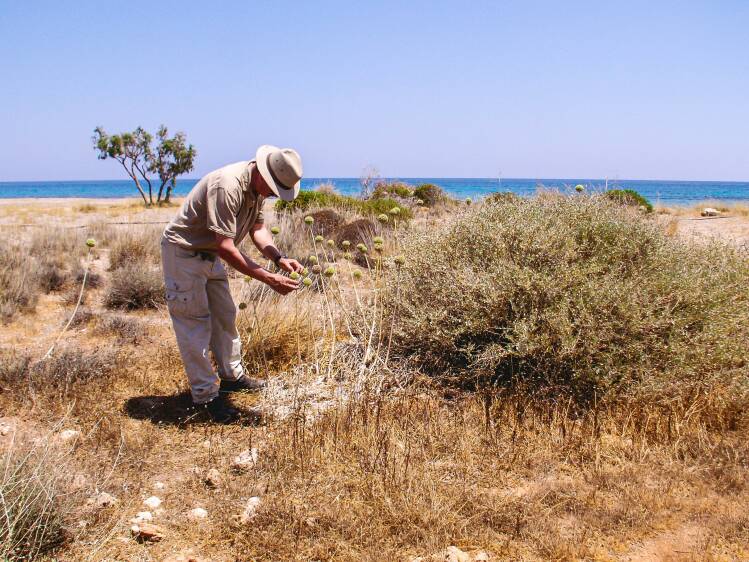
How genetic variation makes plants stronger
Plants need biodiversity